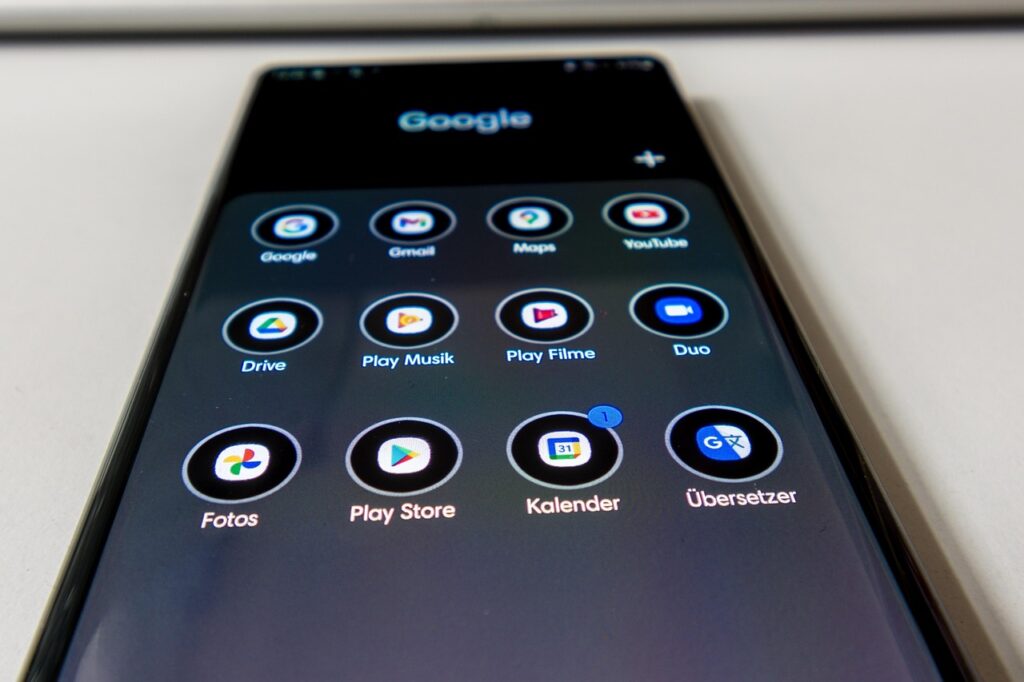
Managing money used to mean notebooks, calculators, and long visits to the bank. Today, with just a smartphone, you can track expenses, set savings goals, invest, and even build wealth. For beginners, money apps make finances easier, faster, and less intimidating.
This article will guide you through the best types of apps for budgeting, saving, and investing—explaining how they work, what to look for, and which features are most useful.
Why Use Money Apps?
Money apps are not just for tech lovers. They’re for anyone who wants:
- Clarity – Know where your money goes every month.
- Control – Create budgets and stick to them.
- Convenience – Manage accounts on the go.
- Motivation – Track progress toward goals visually.
In short: apps turn complex financial tasks into simple daily habits.
Best Apps for Budgeting
Budgeting is the foundation of personal finance. A good budgeting app shows where your money goes, helps you plan expenses, and keeps you accountable.
What to look for in a budgeting app:
- Automatic expense tracking
- Custom categories (rent, food, entertainment)
- Alerts when you overspend
- Monthly reports
Popular options:
- Mint (free, easy to use)
- YNAB (You Need a Budget) (great for serious planners, paid)
- Goodbudget (envelope method for beginners)
Pro tip: Don’t just download the app—actually use it daily. Enter expenses, review weekly, and adjust your habits.
Best Apps for Saving
Saving is often the hardest part of money management. Luckily, apps can make it automatic and painless.
How saving apps work:
- Round up small purchases and save the difference
- Automatically transfer a fixed amount weekly/monthly
- Set savings goals with visual trackers
Popular options:
- Qapital (saves money through small rules, like rounding up purchases)
- Digit (analyzes spending and saves small amounts automatically)
- Chime (offers automatic savings when you spend or get paid)
Example: Buy a coffee for $3.60, and the app rounds up to $4.00, saving $0.40. Over time, those cents add up to hundreds of dollars.
Best Apps for Investing
Once you’ve saved your first $1,000, investing is the next step. Beginners don’t need to be stock market experts—investment apps simplify the process.
What to look for in an investment app:
- Low or no commissions
- Fractional shares (invest with as little as $5)
- Automated portfolios
- Easy-to-read performance dashboards
Popular options:
- Robinhood (stocks and ETFs, very beginner-friendly)
- Acorns (invest spare change automatically)
- Betterment (robo-advisor that builds a portfolio for you)
Pro tip: Start small. Even $25 a week invested in ETFs can grow significantly over time thanks to compound interest.
Safety and Security
A common concern is: “Are money apps safe?” The good news is that most reputable apps use bank-level encryption and two-factor authentication.
Tips for safety:
- Only download apps from trusted sources (App Store, Google Play).
- Use strong, unique passwords.
- Turn on biometric login (fingerprint or face ID).
How to Choose the Right App
With so many options, how do you pick the best one? Ask yourself:
- What’s my goal? (Budgeting, saving, investing, or all three?)
- Do I prefer automation or manual control?
- Am I willing to pay for premium features?
For beginners:
- Start with one budgeting app (like Mint).
- Add one savings app (like Digit or Chime).
- Later, try an investing app (like Acorns or Betterment).
This way, you avoid feeling overwhelmed and build habits gradually.
Everyday Example
Imagine Sarah, a 25-year-old who struggles to save. Here’s how she uses apps:
- Mint tracks her monthly spending and shows she spends $150 on takeout.
- Digit automatically saves $50 a month from her checking account.
- Acorns invests her spare change into ETFs.
Within 6 months, she has $300 saved and $200 invested—all without stress.
Final Thoughts
Money apps are powerful tools for beginners. They remove the guesswork, automate good habits, and make financial management less intimidating.
But remember: apps are just tools. Success comes from consistent action—tracking, saving, and investing regularly. Start with one app today, and within months, you’ll see the difference in your financial life.
Your phone is already in your hand most of the day. Why not let it work for your future?